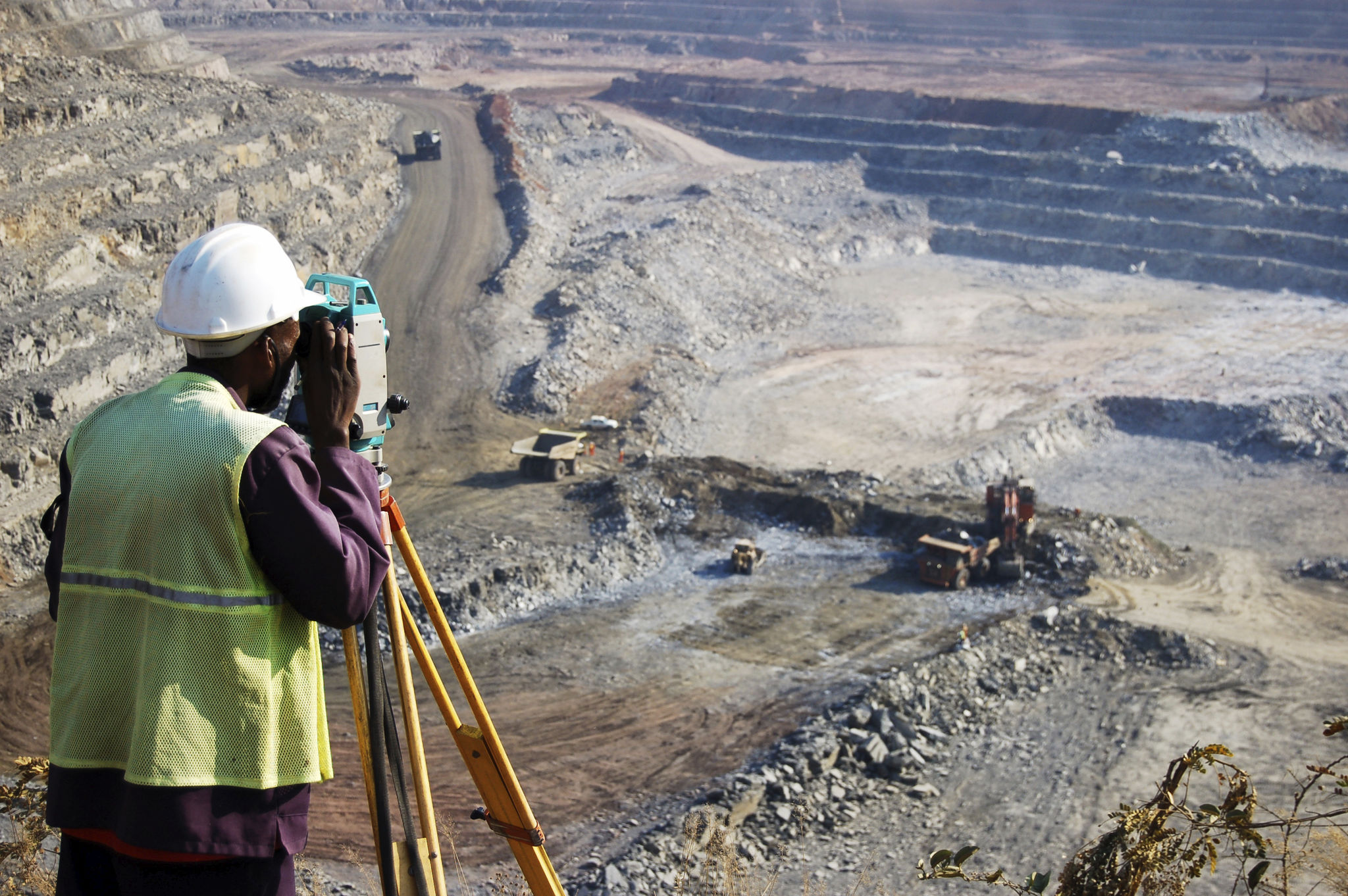Navigating Zambia's Mining Regulations: What You Need to Know
Zambia, known for its rich mineral resources, is a hub for mining activities. However, navigating the country's mining regulations can be complex. Understanding these regulations is crucial for businesses looking to invest in the sector.
The Zambian government has established a comprehensive legal framework to ensure that mining activities are conducted responsibly and sustainably. These regulations are designed to protect the environment, ensure fair labor practices, and promote economic development.

Understanding the Mining Act
The cornerstone of Zambia's mining regulations is the Mines and Minerals Development Act. This act outlines the requirements for obtaining mining rights, the responsibilities of mining companies, and the penalties for non-compliance.
One of the key aspects of the act is the requirement for a mining license. Companies must submit detailed plans and demonstrate their capability to operate responsibly. Licenses are subject to renewal based on compliance with the act's provisions.
Types of Mining Licenses
Zambia offers several types of mining licenses, each tailored to different scales and types of operations. These include:
- Prospecting License: Allows for exploration activities to identify mineral deposits.
- Mining License: Grants the right to extract minerals from the ground.
- Artisanal Mining Rights: For small-scale mining operations by local communities.

Environmental Regulations
Environmental protection is a significant focus of Zambia’s mining regulations. Companies must conduct Environmental Impact Assessments (EIAs) before commencing operations. These assessments evaluate the potential effects of mining activities on the local environment and propose mitigation measures.
The government requires adherence to strict environmental standards, and regular audits are conducted to ensure compliance. Failure to meet these standards can result in fines or revocation of licenses.
Community Engagement
Another important aspect of Zambia's mining regulations is community engagement. Mining companies are expected to work closely with local communities, ensuring that they benefit from mining activities. This includes providing jobs, supporting local businesses, and investing in community development projects.

Taxation and Revenue Sharing
Zambia's mining sector is a significant contributor to the national economy. The government has established a taxation framework to ensure that the country benefits from its mineral wealth. This includes royalties, corporate taxes, and other levies.
Transparency in revenue sharing is emphasized to ensure that communities and the country at large see the benefits of mining activities. The Extractive Industries Transparency Initiative (EITI) is a key part of this effort.
Compliance and Enforcement
The Zambian government takes non-compliance with mining regulations seriously. Regular inspections and audits are conducted to ensure adherence to the law. Companies found in violation may face penalties, including fines and suspension of operations.
Understanding and navigating Zambia's mining regulations is essential for any business looking to succeed in this sector. With a focus on sustainability, environmental protection, and community engagement, these regulations are designed to foster a responsible mining industry that benefits all stakeholders.
